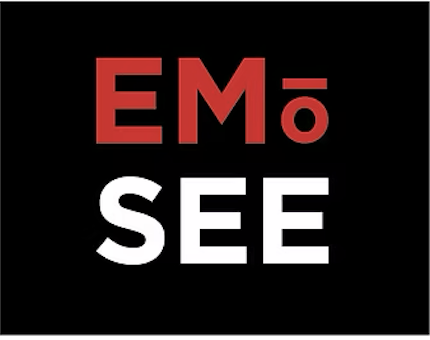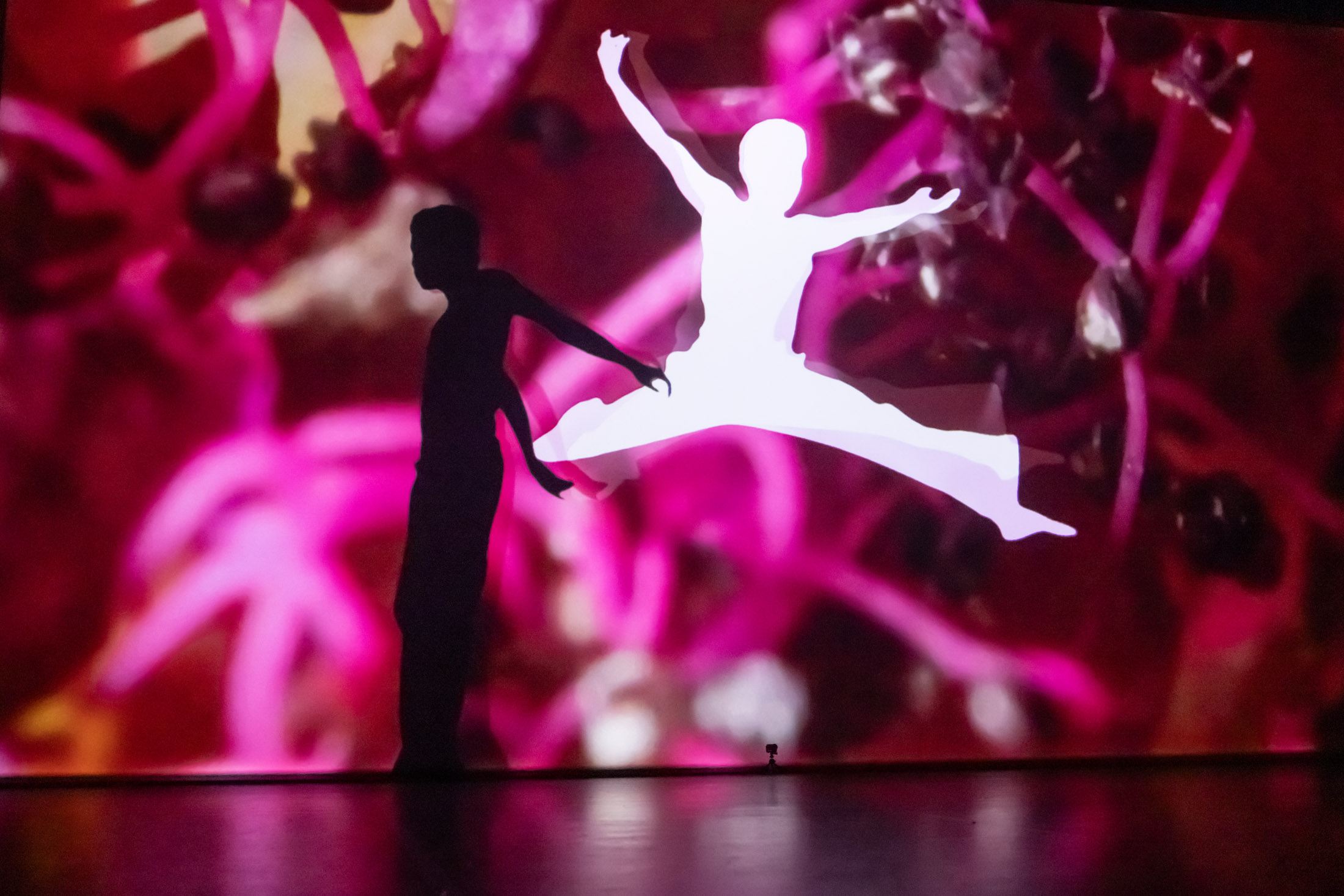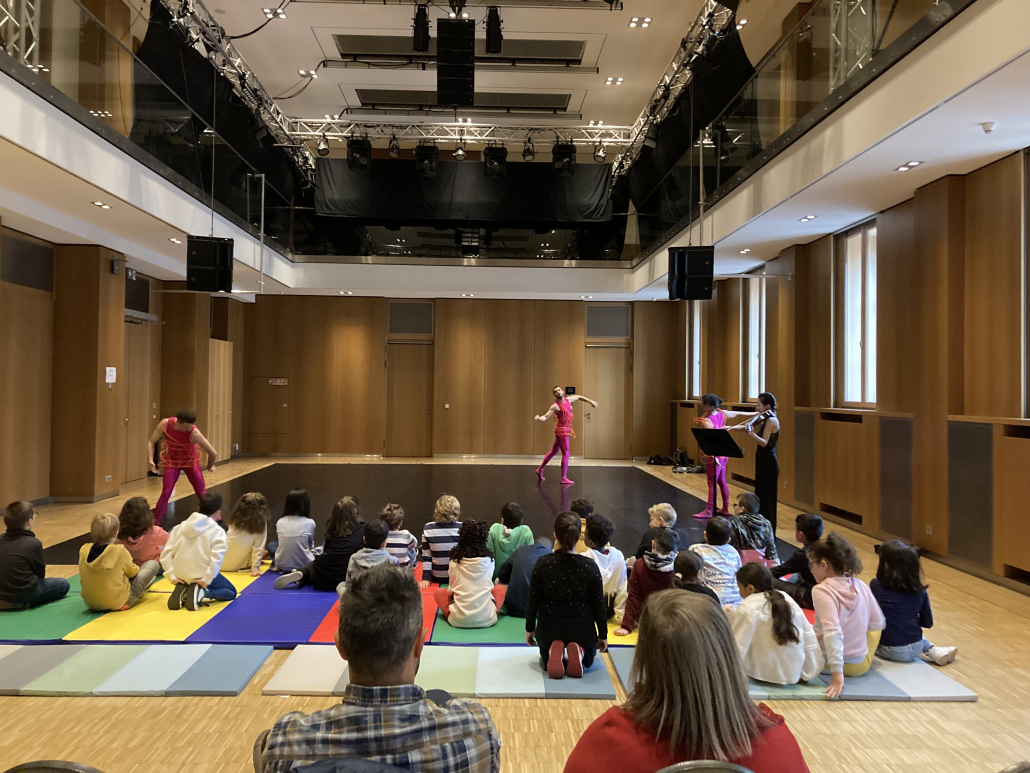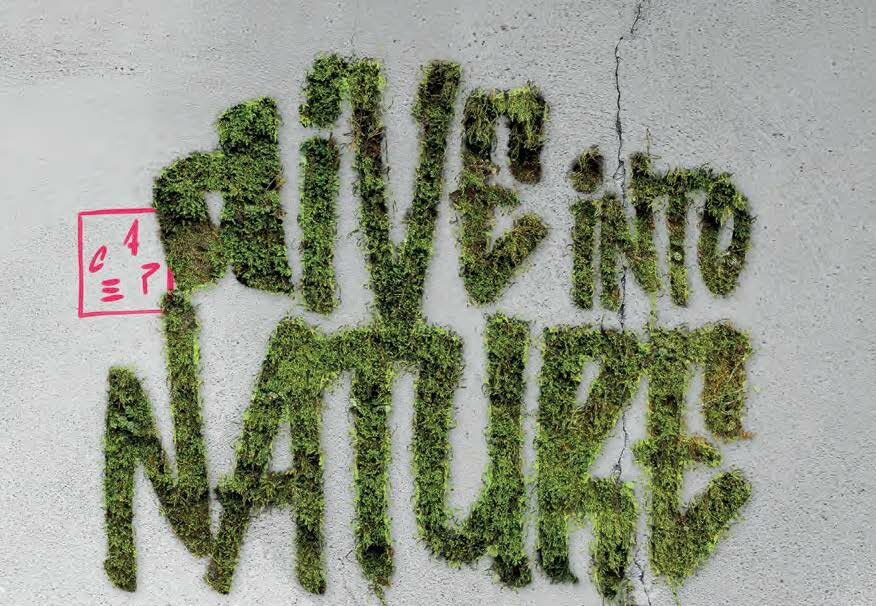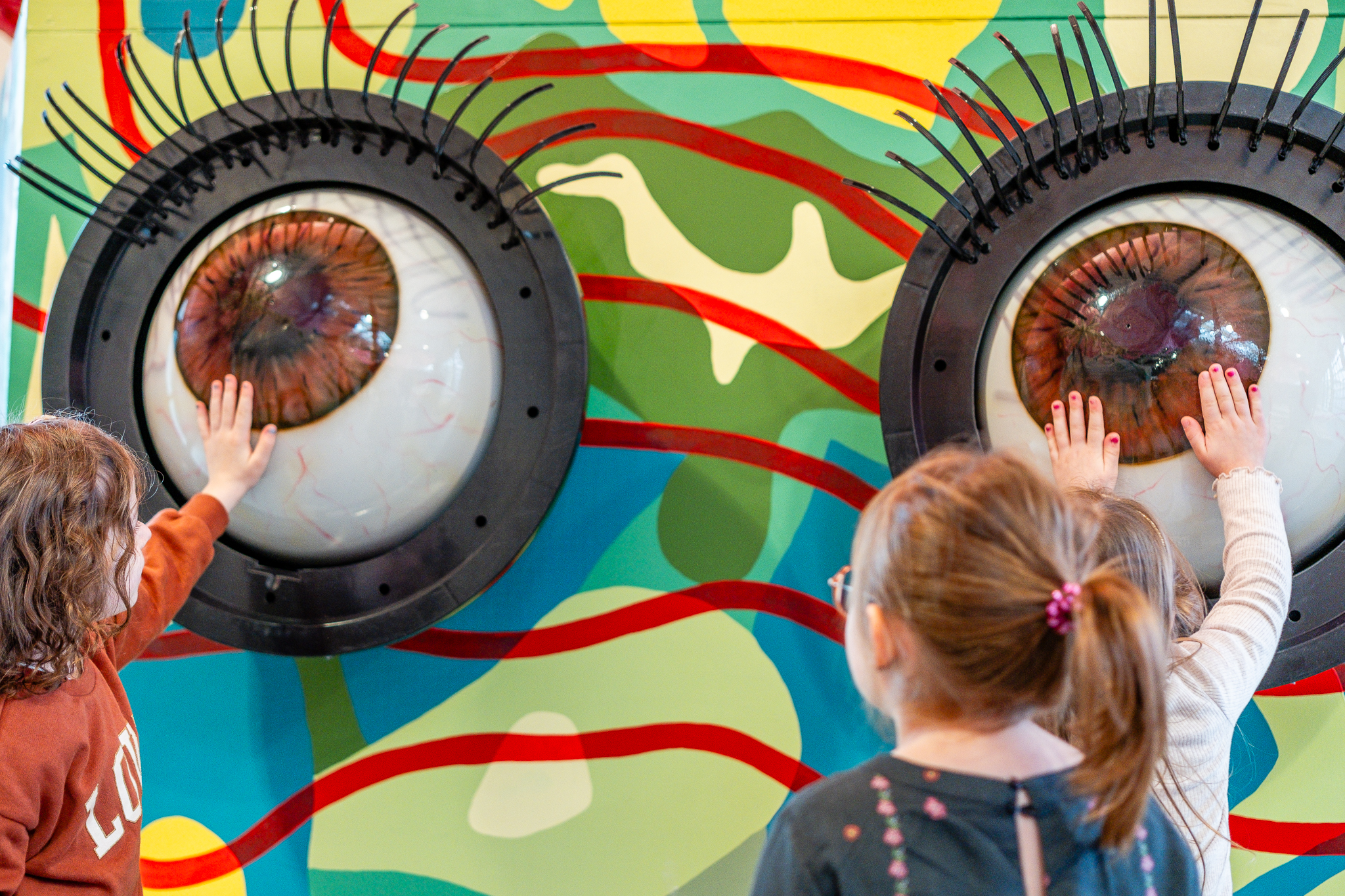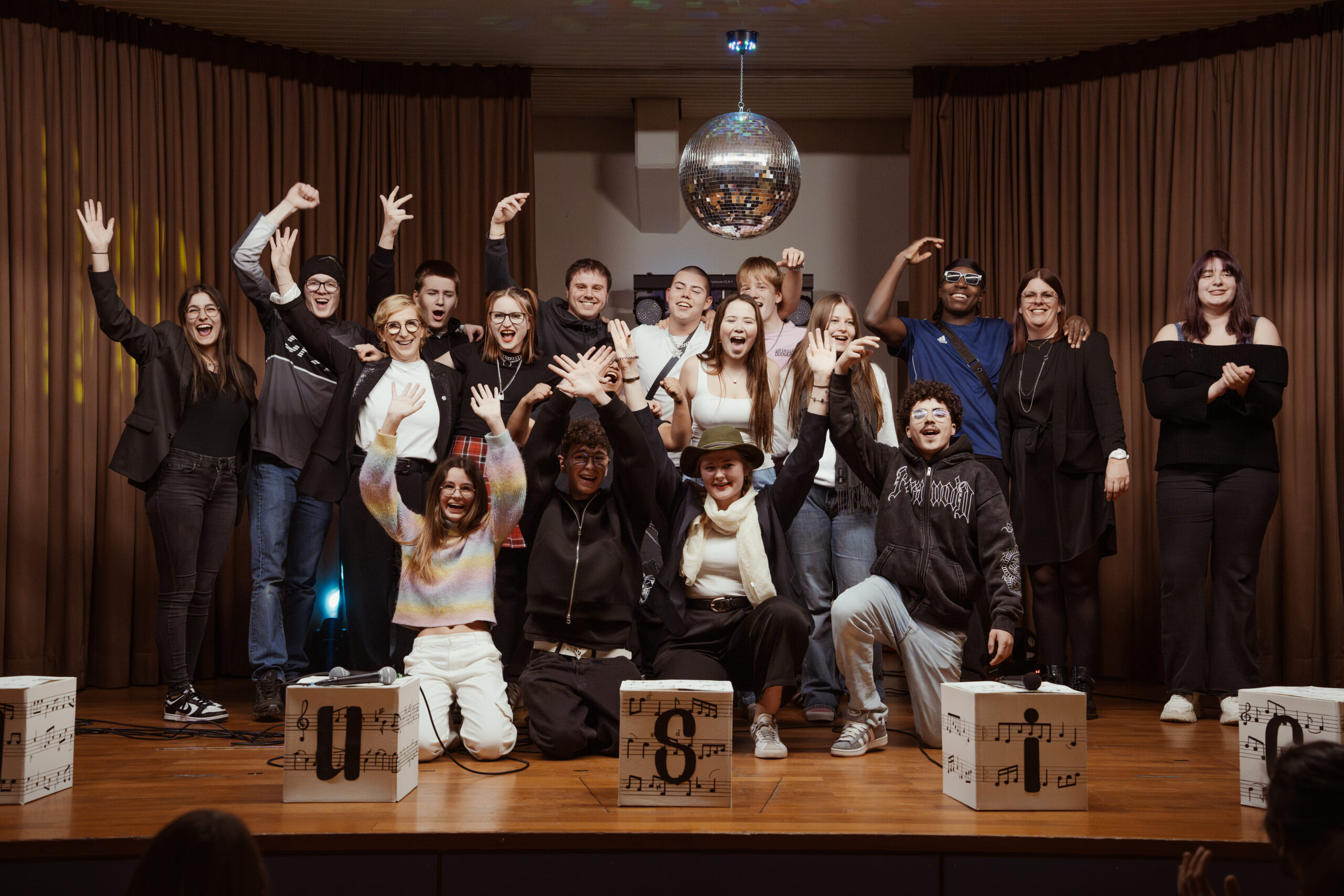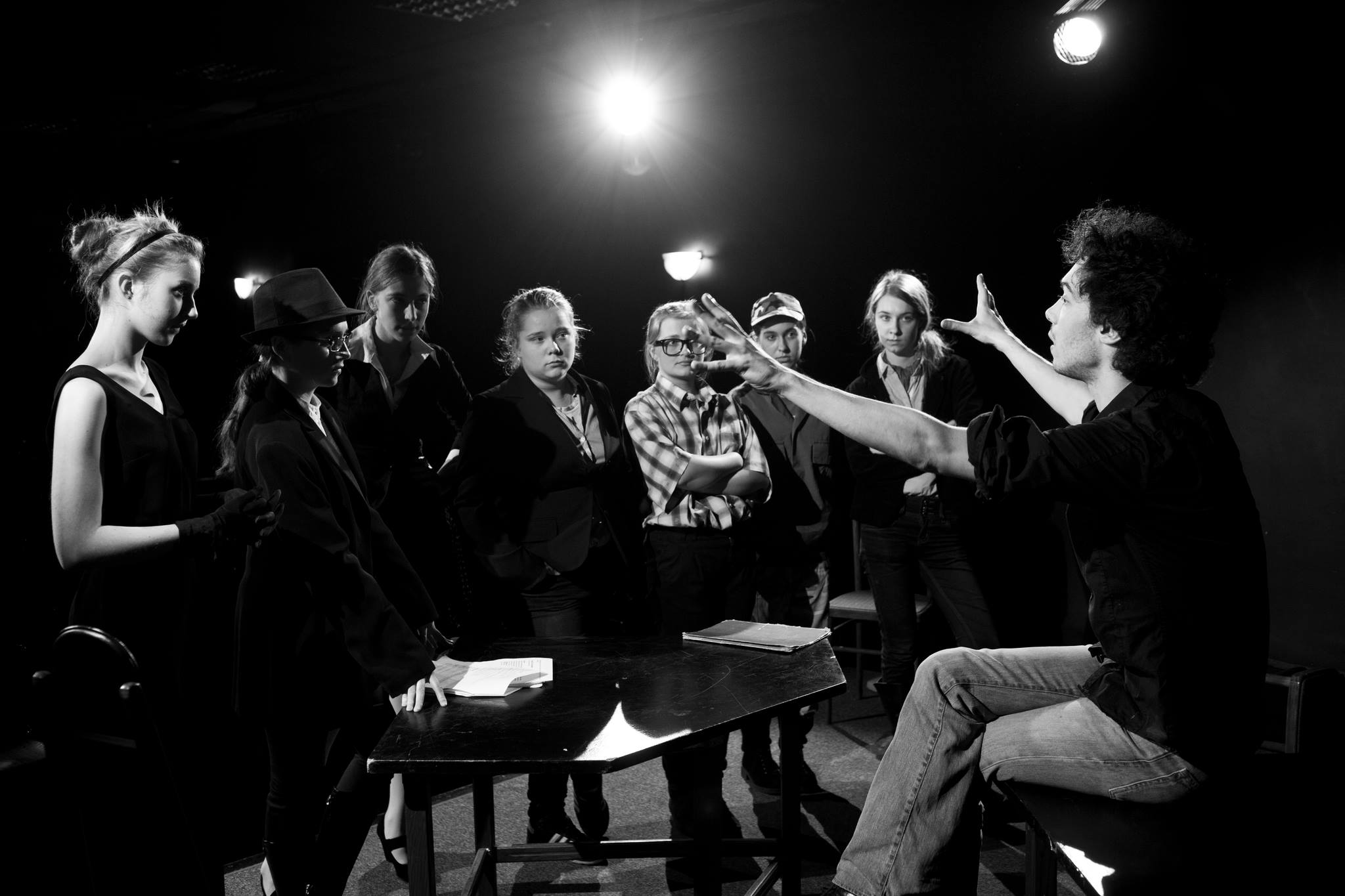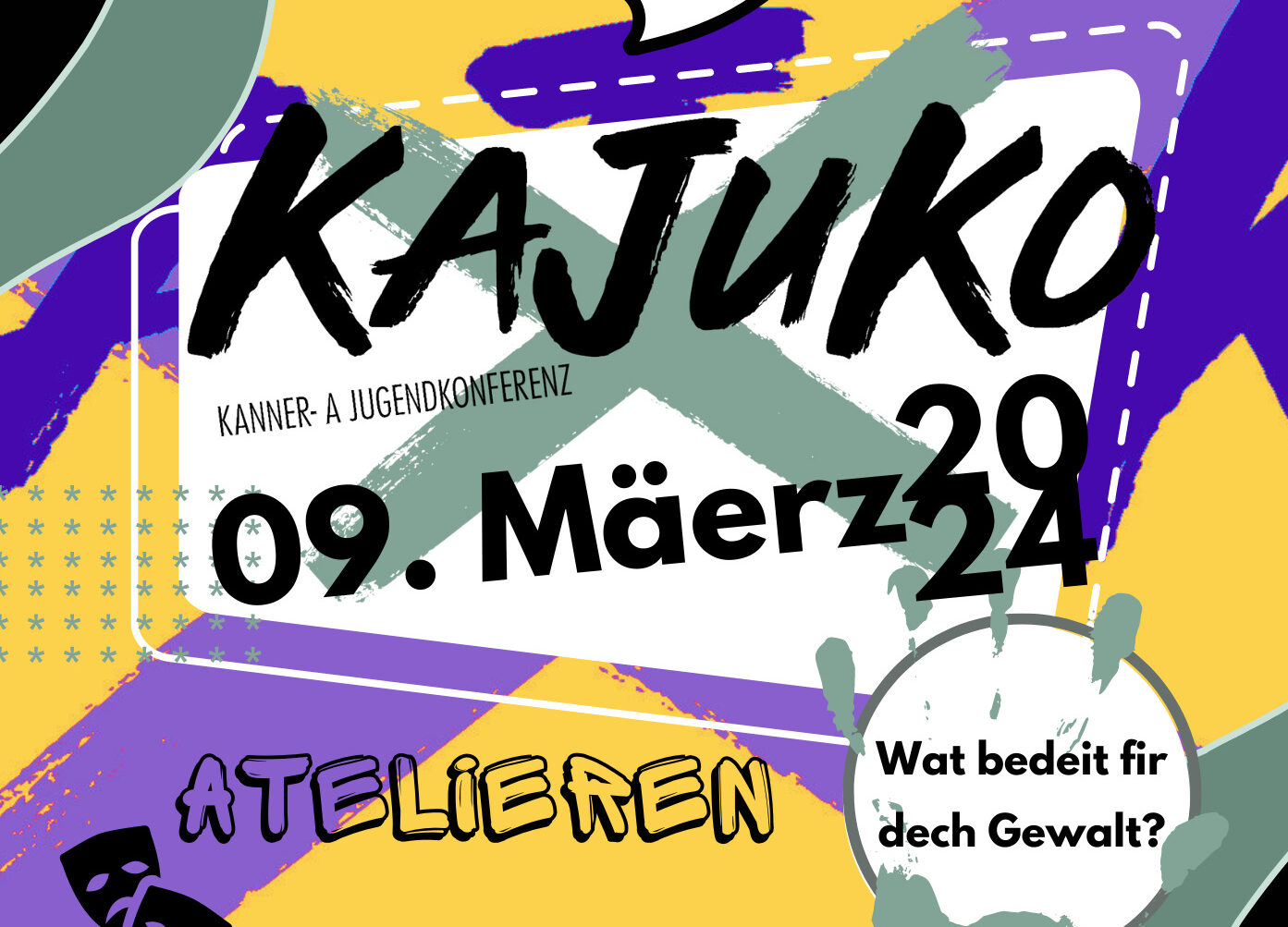To work towards the empowerment of children and young people through arts and culture, the Foundation undertakes actions aimed at changing the operating conditions of the ecosystem in which it intervenes—at the intersection of culture, education, and social issues. These include working meetings, conferences, and debates on topics of concern to the Foundation. It may initiate these activities or financially support those carried out by other stakeholders.
The Foundation also chooses to support initiatives outside of its calls for projects when it believes they contribute to the development of its strategic priorities. It may also initiate or encourage the development of projects for this same purpose. The selection criteria for these projects align with those of the calls for projects, focusing on participation, synergy between institutions, and sustainability. Beyond these elements, the long-term impact is what is truly sought—to spark new dynamics and initiatives in Luxembourg, and to create model cases that can serve as examples and potentially be replicated where relevant.
The structuring dimension brought by the Sommer Foundation is based on several elements. One such aspect—though not always present—is the budget allocated, which may exceed the maximum of €10,000 in joint projects. The support provided can be especially helpful in that the Foundation may cover structural costs not funded by other donors and/or fully fund the project so that the applicant does not have to waste time and energy seeking complementary funding, provided that the project is deemed fully relevant.
Finally, the idea behind this new approach is also to begin changing the relationship dynamic with the project holder. Although the Sommer Foundation has, in its DNA, a spirit of goodwill and support – stemming from the ethos of its founder and its family-scale structure – ongoing reflections, inspired by current debates around philanthropy, are moving towards establishing a more partnership-based relationship. The goal is to move beyond the implicit power dynamic between funders and recipients, to foster, on the basis of trust built over one or two initial projects, a dynamic of co-construction and broader or even multi-year funding.
